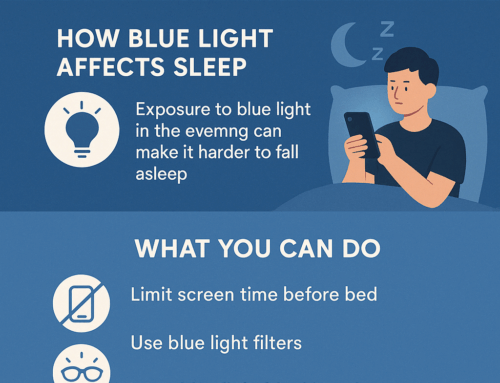Why Setting Goals Beats New Year’s Resolutions for Mental Health
Many people eagerly jot down their resolutions as the calendar flips to a new year. Yet, the enthusiasm often fizzles by mid-February, leaving a trail of abandoned promises. Rather than embracing the fleeting energy of New Year’s resolutions, shifting your focus to meaningful goal-setting can provide long-lasting benefits for your mental health and overall well-being.
The Problem with New Year’s Resolutions
New Year’s resolutions often set people up for failure. Here’s why:
- Unrealistic Expectations: Resolutions are frequently broad and unattainable, like “lose 50 pounds” or “never eat sugar again.”
- All-or-nothing Mentality: Missing a day or two can feel like a failure, leading many to abandon their resolutions.
- Lack of a Plan: Resolutions are rarely accompanied by actionable steps, making it hard to sustain progress.
When resolutions fall apart, it’s easy to feel discouraged, leading to guilt, shame, and even a sense of failure—all of which can harm mental health.
Why Goal-Setting Works Better
Unlike resolutions, setting goals is structured and flexible, enhancing mental well-being. Here’s how:
- Clarity and Focus Goals encourage you to define what you want to achieve clearly. For example, instead of saying, “I want to be healthier,” a goal might be, “I will take a 20-minute walk three times a week.” This specificity reduces anxiety by providing a clear path forward. View our blog to learn how walking improves depression and anxiety.
- Small Wins Build Confidence Breaking down goals into smaller, achievable steps creates a sense of accomplishment with each milestone. Celebrating these wins releases dopamine, a neurotransmitter linked to feelings of reward and motivation, which can uplift your mood.
- Flexibility and Adaptability Goals are not rigid. If circumstances change, you can adjust your approach without abandoning the goal entirely. This adaptability reduces stress and fosters resilience.
- Sense of Purpose Setting goals aligns your actions with your values, giving you a greater sense of purpose. Whether learning a new skill, improving relationships, or focusing on self-care, purposeful actions boost mental health.
Tips for Setting Mental Health-Friendly Goals
- Start Small Avoid overwhelming yourself by choosing one or two manageable goals. For example, instead of aiming to overhaul your entire lifestyle, commit to drinking an extra glass of water each day or journaling for five minutes.
- Use the SMART Framework
- Specific: Clearly define your goal.
- Measurable: Track your progress.
- Achievable: Ensure it’s realistic.
- Relevant: Align it with your values.
- Time-Bound: Set a timeline to stay motivated.
For instance, “I will meditate for 10 minutes every morning for the next month” checks all the SMART boxes.
- Track Your Progress: Use a journal, app, habit tracker, or whiteboard to monitor your steps. No matter how small, seeing progress reinforces your efforts and boosts motivation.
- Be Kind to Yourself: Setbacks are part of the process. Instead of self-criticism, practice self-compassion. Remind yourself that progress is not always linear.
- Celebrate Achievements: Reward yourself for milestones. Positive reinforcement strengthens your commitment and enhances your mental well-being.
The Mental Health Benefits of Goal-Setting
When done thoughtfully, goal-setting can:
- Reduce Anxiety: By providing structure and focus, goals help reduce the overwhelming feeling of not knowing where to start.
- Boost Self-Esteem: Achieving goals, no matter how small, reinforces your belief in your abilities.
- Encourage Positive Habits: Consistent effort toward goals fosters habits that improve physical and mental health over time.
- Strengthen Resilience: Working through challenges to meet your goals builds resilience, a key factor in maintaining mental health.
Rather than making grand declarations at the start of the year, consider setting intentional, manageable goals that align with your values and needs. This approach will help you create meaningful change and support your mental health by fostering a sense of purpose, accomplishment, and balance.
This year, trade in the pressure of New Year’s resolutions for the empowerment of goal-setting. Your mind will thank you for it.







Leave A Comment